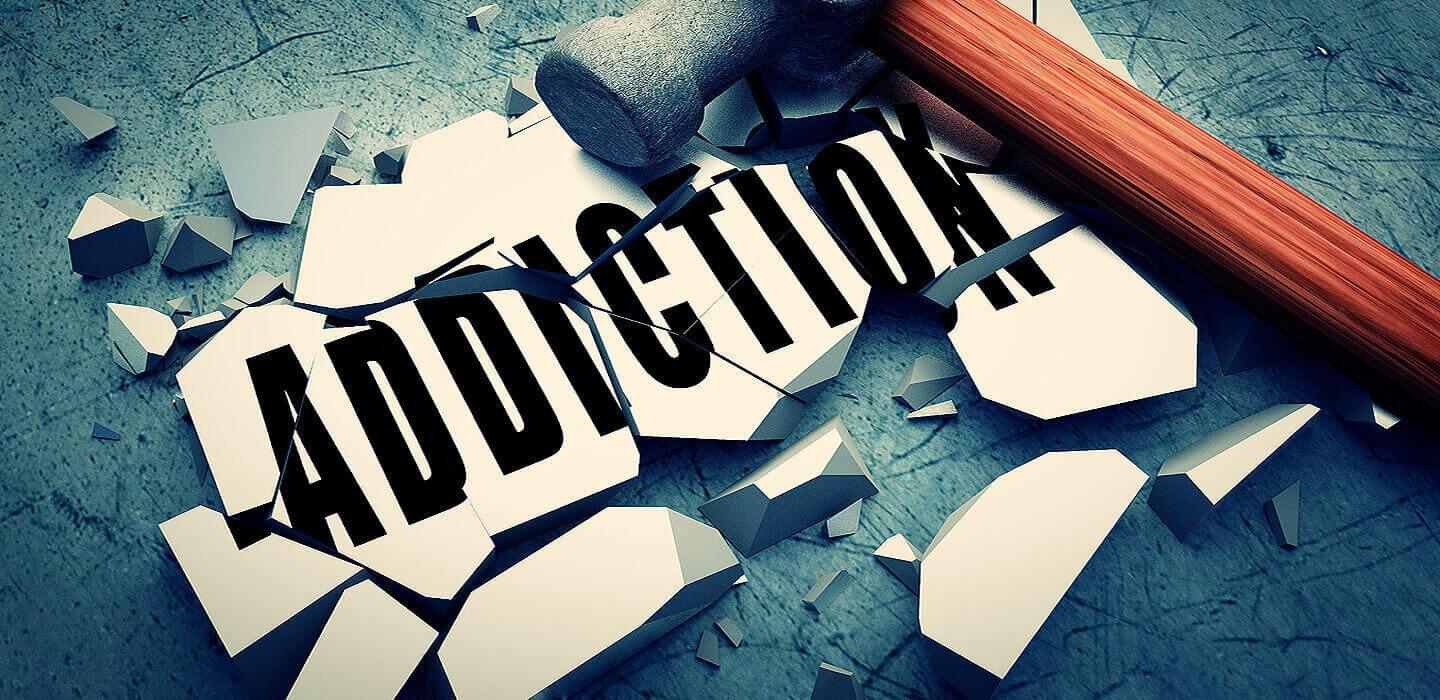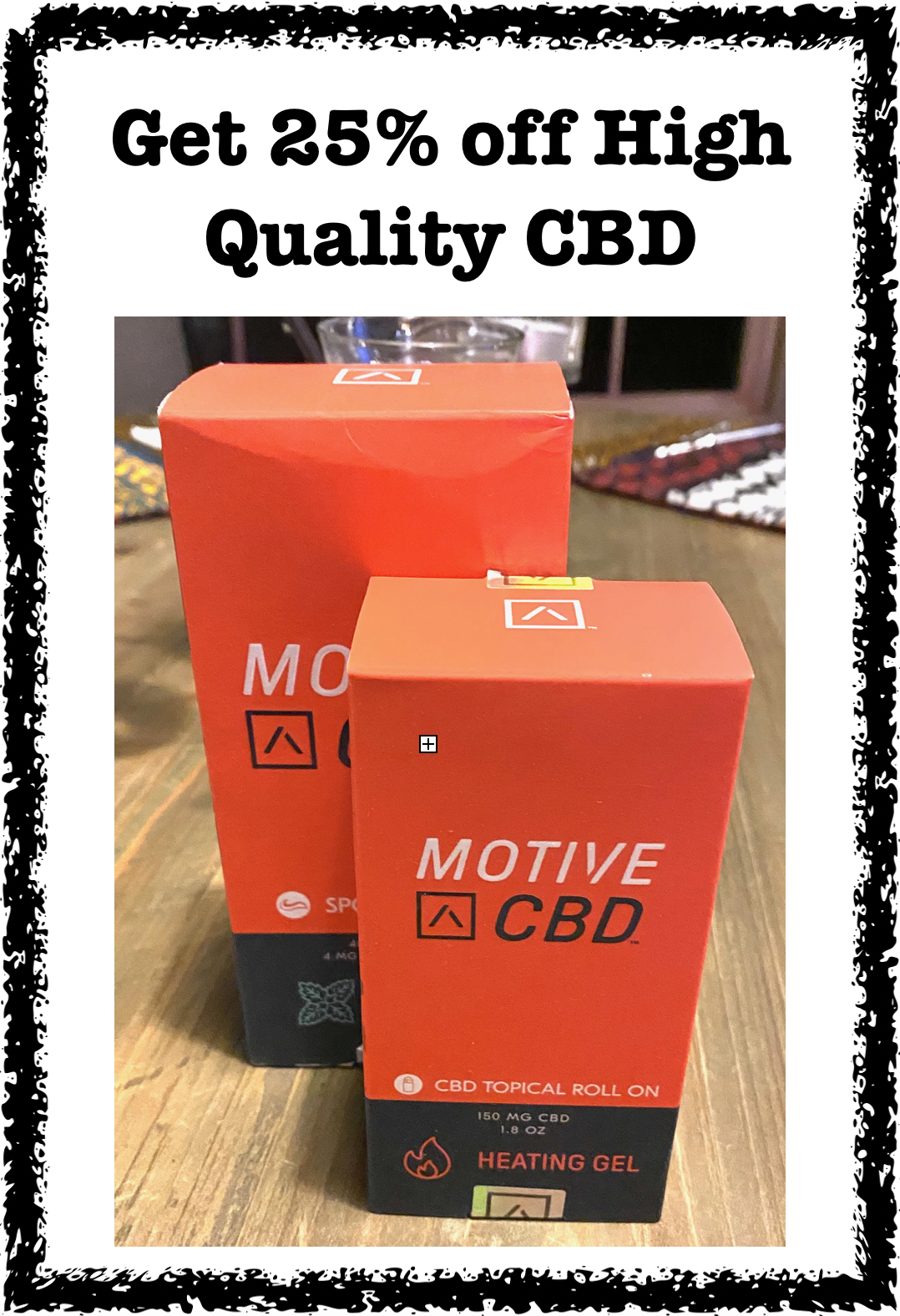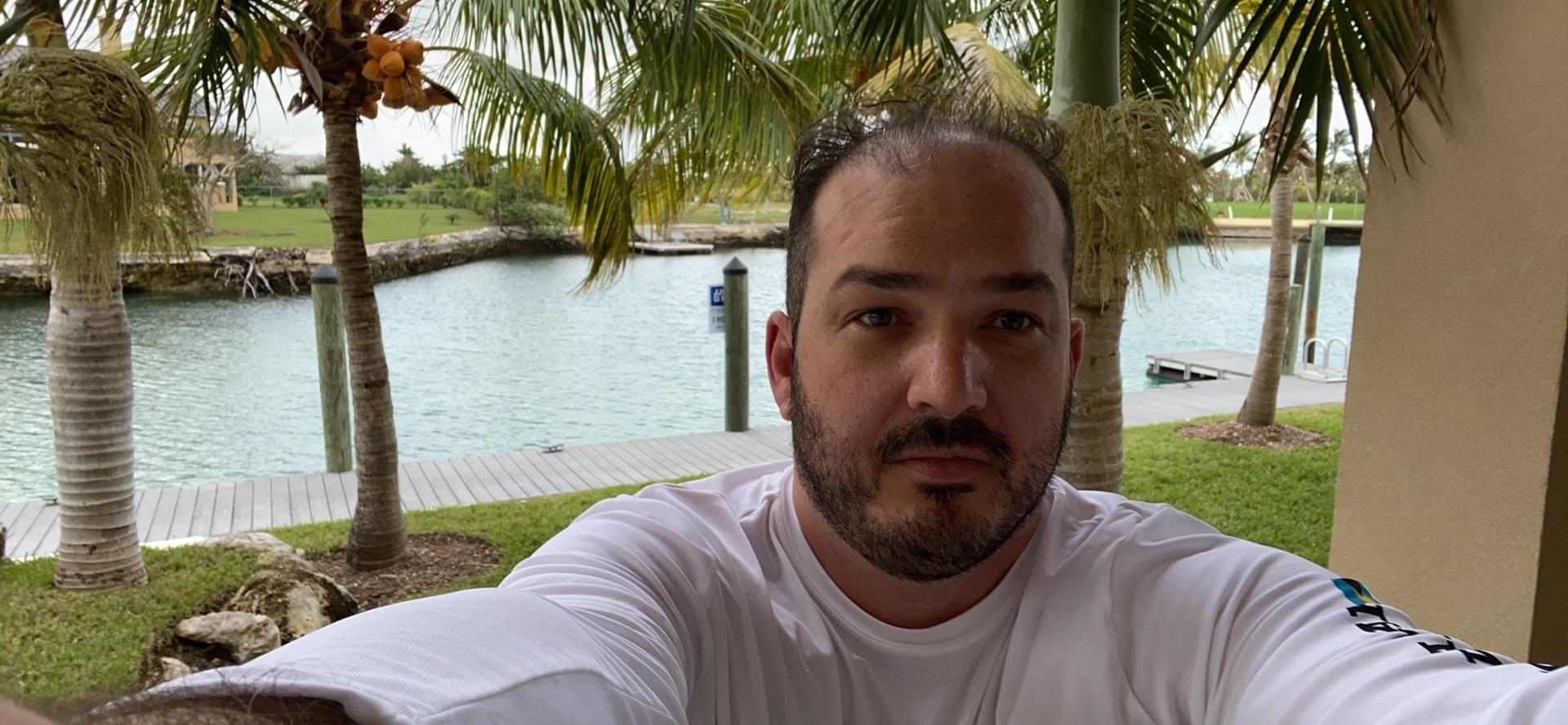If the psychoactive effects of marijuana were undesirable, then the person should not fear the same with CBD, as it is not psychoactive. If a person thinks they had an allergic reaction to marijuana, they should consult a physician before trying a hemp product. It is a plant and, while it has not been reported to my knowledge, allergies to cannabis could exist.
It is important to use caution with any new product. There are many factors to consider, such as where and how the plant was grown, how the product was processed and manufactured, and the route of administration used. Take into account allergies, plant nutrient, herbicide, pesticide, mold, mildew, or other contaminant in a marijuana product that could be absent in a different CBD product.



